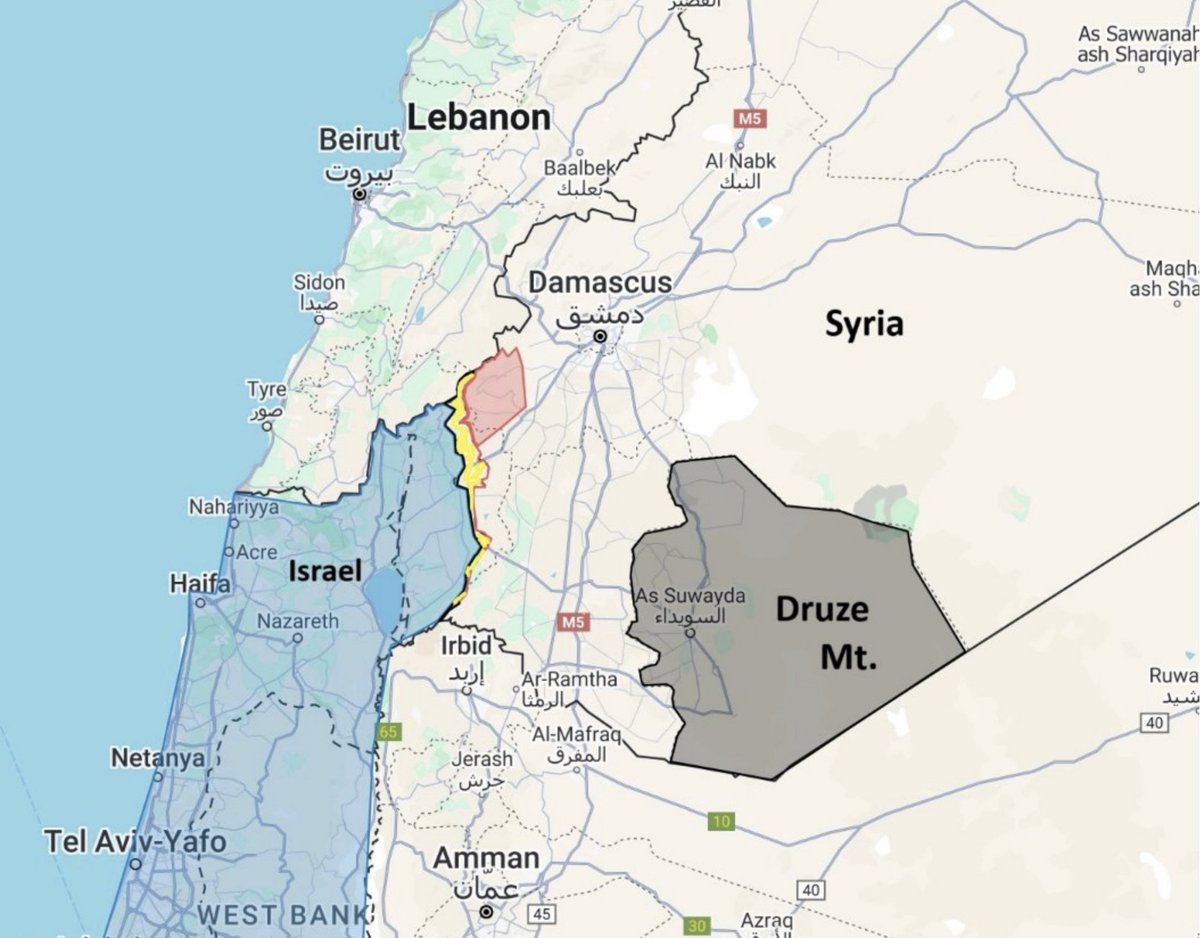Report: Regional Consequences of the Syria War - by @WorldBank
(GDP) growth was reduced by 1.2% yearly in Iraq, 1.6% in Jordan, & 1.7% in Lebanon solely b/c of conflict in Syria
Cumulatively, this adds up to 11.3% off the GDPs across the 3 countries.
worldbank.org/en/region/mena…
(GDP) growth was reduced by 1.2% yearly in Iraq, 1.6% in Jordan, & 1.7% in Lebanon solely b/c of conflict in Syria
Cumulatively, this adds up to 11.3% off the GDPs across the 3 countries.
worldbank.org/en/region/mena…
The marginal effect of the trade shock on GDP reached –3.1% points in Jordan and –2.9% points in Lebanon. In comparison, the demographic shock (refugee arrivals) boosted GDP by 0.9% points in both countries by increasing aggregate demand and labor supply.
Poverty rates increased by 4% in Jordan, 7.1% in Lebanon &, with internal displacement, 6.0% points in Iraq.
A strong economic recovery in Syria and an associated positive fallout for neighboring states are unlikely.
A strong economic recovery in Syria and an associated positive fallout for neighboring states are unlikely.
"A regional approach can help better internalize these spillovers to minimize public bads and maximize public goods. Adopting a regional focus for stability and prosperity necessitates a concerted international effort. Relaxing economic exclusion. Can a consensus be mustered? "
This World Bank Report advocates a policy that runs counter to US policy, which is to strangle the Syrian economy, stop international or regional efforts to facilitate Syrian trade or reconstruction. US sanctions specifically target energy/electric, etc.
worldbank.org/en/region/mena…
worldbank.org/en/region/mena…
• • •
Missing some Tweet in this thread? You can try to
force a refresh














